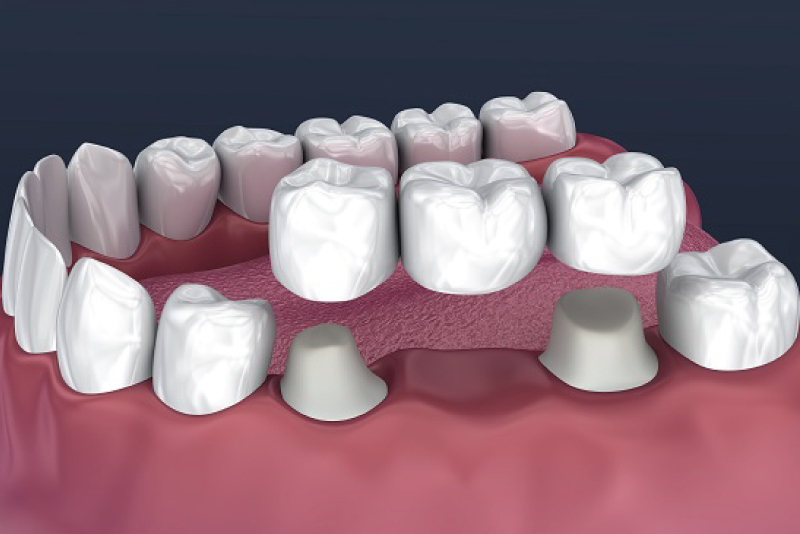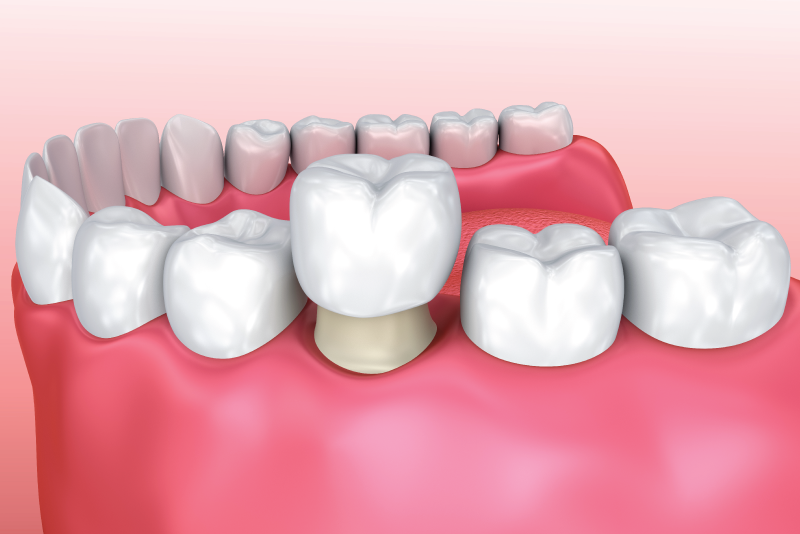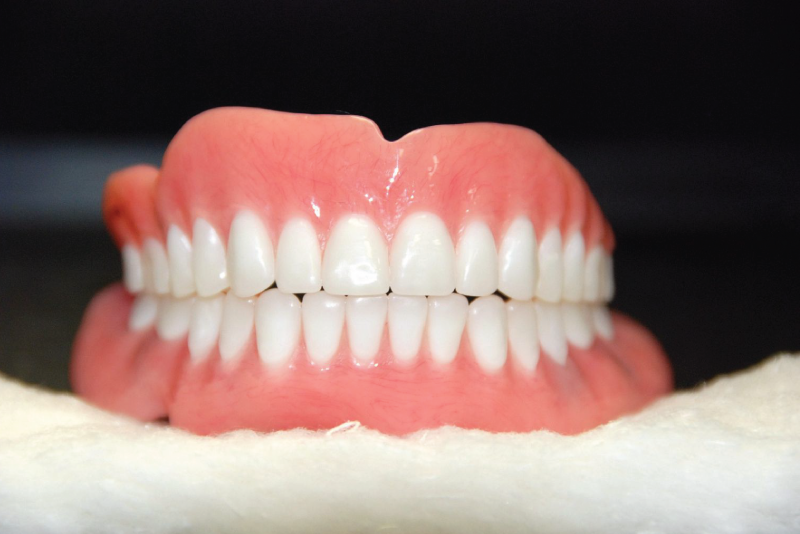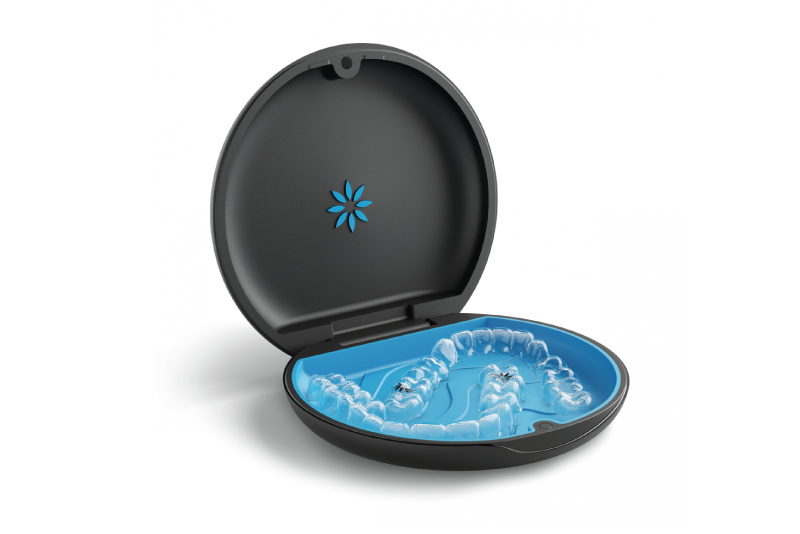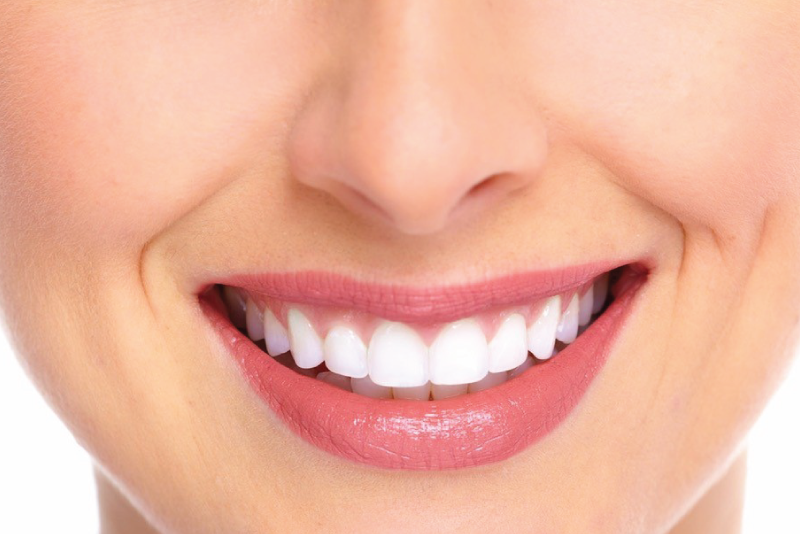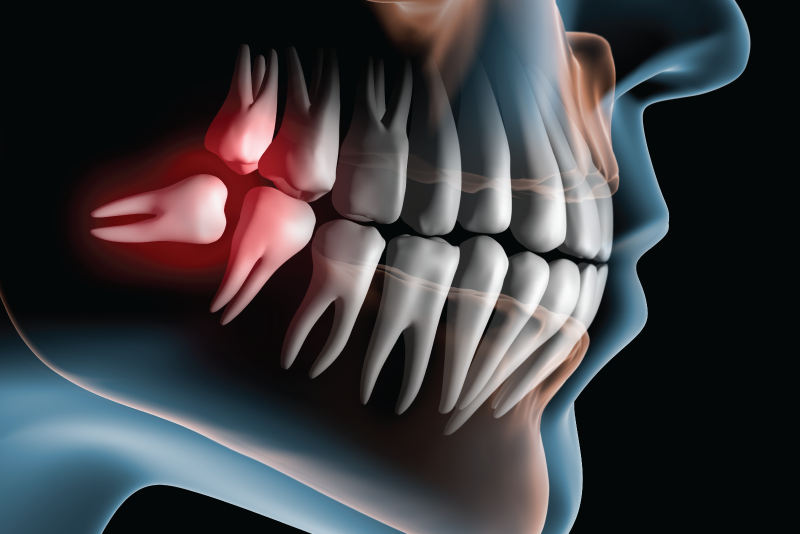
Our Services
At Sudbury Dental Clinic, we offer comprehensive dental care. We ensure that every patient’s needs, and concerns are met with the best oral health care possible. We strongly believe in providing a wide array of options and treatments for our patients. For more information about our services and how we can help, feel free to contact our office today to book your dental appointment.
 Call Us
Call Us 

